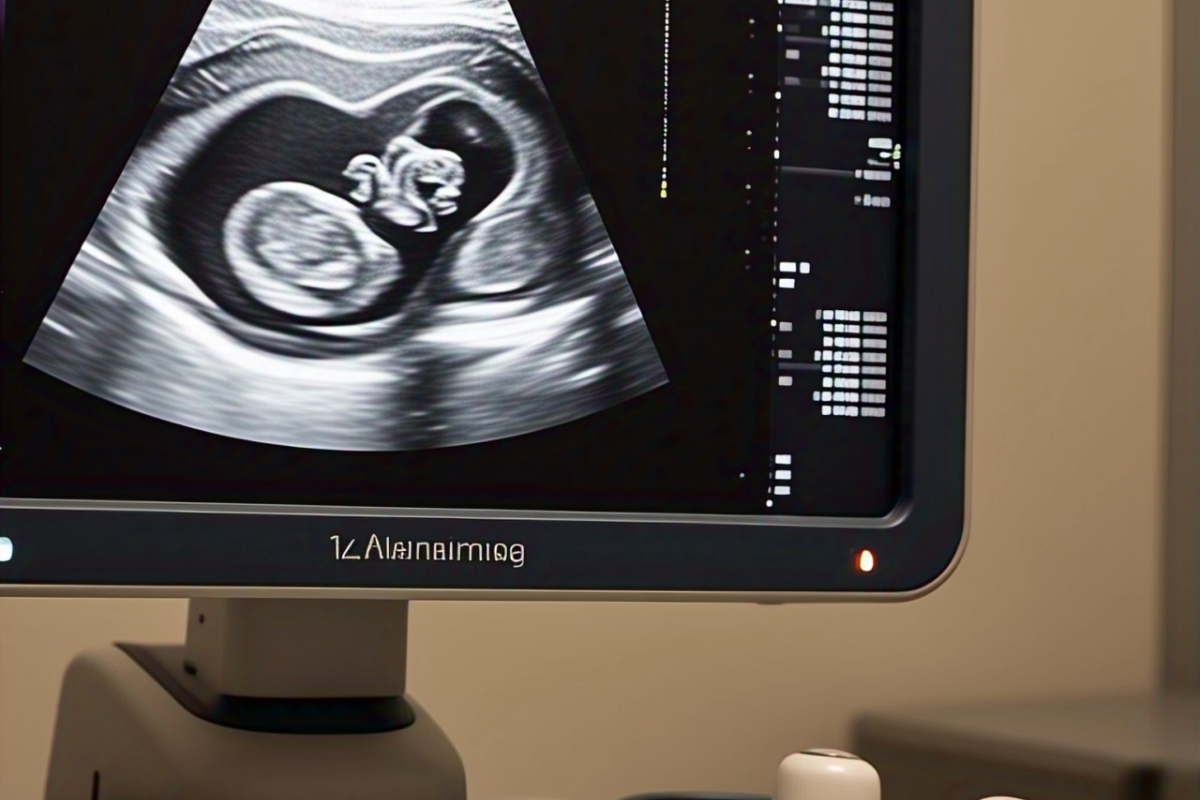Let’s be honest—pregnancy comes with a to-do list longer than your average grocery run. Between the weird cravings, the constant urge to pee, and figuring out how to sleep with a watermelon attached to your midsection, keeping track of prenatal visits and screenings might feel… a bit much.
But don’t worry. Whether you’re a first-timer or just need a refresher, here’s the lowdown on what to expect when you’re expecting—and visiting the doc while you’re at it.
First Things First: That Initial Prenatal Visit
Ah, the initial meeting. Anticipate that this one will be somewhat lengthier compared to the others. Your provider will ask you a variety of questions. And I’m referring to every single one of them.

They’ll cover:
- Your medical history (yep, even that weird allergy you forgot about)
- Any prior pregnancies
- Medications you’re taking
- Family health stuff
- Lifestyle habits (don’t panic, they’ve heard it all)
You’ll probably get:
- A physical exam
- Blood pressure check
- Urine sample
- Bloodwork
- An estimate of the due date based on your most recent period (spoiler alert: that date will likely alter)
- Tip: Write down your questions beforehand Due to the reality of pregnancy brain, this appointment may seem hectic.
The Regular Rundown: What Happens at Routine Prenatal Visits?
The majority of prenatal appointments have a pattern after that first significant one. It’s predictable—in a reassuring way—but not dull in the traditional sense.
At most checkups, you can anticipate the following:
Vitals check: Blood pressure, weight, and possibly a quick glance at swelling (feet like balloons? Totally normal).
Urine test: They’re checking for protein and sugar, just to keep tabs on things like gestational diabetes or preeclampsia.
Belly measurements: Around 20 weeks, your provider will start measuring your bump to track baby’s growth.
Baby’s heartbeat: That magical woosh-woosh sound? Get ready to always fall in love.
As your due date creeps closer, the appointments get more frequent—every two weeks, then weekly in the final stretch.
Essential Screenings: The “Let’s Make Sure Everything’s Okay” Tests
Screenings might not be the fun part of pregnancy (no one dreams about peeing in cups), but they’re important for keeping both you and baby healthy.
Here’s a rundown of the common ones and what they’re checking for:
First Trimester Bloodwork
Usually happens around 8-12 weeks. It checks:
- Blood type & Rh factor
- Anemia
- STIs like HIV, syphilis, and hepatitis B
- Immunity to rubella and chickenpox
They might also throw in genetic carrier screening if you opt for it—this checks if you’re a carrier for inherited conditions like cystic fibrosis or Tay-Sachs.
🧬 Genetic Screening & NIPT (Non-Invasive Prenatal Testing)
Offered around 10 weeks or later. This fancy blood test looks at fetal DNA floating in your bloodstream to assess risk for chromosomal conditions like:
- Down syndrome (Trisomy 21)
- Trisomy 18
- Trisomy 13
- Sometimes, baby’s sex (if you’re curious—and impatient)
It’s optional, but a lot of folks choose it for peace of mind.
🧫 Nuchal Translucency Ultrasound (11–14 weeks)

This one’s part of the first-trimester combined screening. It measures fluid at the back of baby’s neck, and paired with blood tests, it helps evaluate the risk for certain genetic issues.
Also? You get to see your baby doing acrobatics in there. Wild.
🍭 Glucose Screening (24–28 weeks)
This is the “drink the orange stuff” test. It checks for gestational diabetes.
You’ll drink a super sweet liquid (kind of like flat soda with a punch of regret), then get your blood sugar tested an hour later. If it comes back high, you’ll do a longer, more in-depth test.
🧪 Group B Strep Test (36–37 weeks)
A quick swab (down there) to check for Group B Streptococcus—a harmless bacteria for adults, but risky for newborns during delivery. If you’re positive, you’ll get antibiotics during labor. Easy fix.
Not-So-Routine Extras
Sometimes, your provider may recommend additional tests based on your health, family history, or how things are progressing. Could include:
Amniocentesis: Usually done after 15 weeks if needed for diagnostic genetic info.
Sampling of Chorionic Villus (CVS): Similar to amnio, but completed 10–13 weeks earlier.
Additional ultrasounds: If baby’s growth needs a closer look or if there are concerns.
Bottom line? Not all tests are required, and many are just optional tools to help you feel informed and supported. Don’t be shy about asking, “Do I really need this?” The benefits and drawbacks should be discussed with you by your provider.
Quick Prenatal Visit Checklist (Bookmark This, Seriously)
Bring this mental note (or scribble it in your phone):
- Insurance card + ID
- List of questions (you’ll forget otherwise)
- Water bottle + snack (especially for blood tests)
- To record symptoms, kicks, or strange desires, use a notebook or app.
- Partner or support person (when allowed—two brains are better than one)
- Comfortable clothes—blood pressure sleeves don’t like tight sleeves
Final Thoughts: It’s Not Just About Checkups—It’s About You

There is more to prenatal care than simply checking boxes on a chart or pushing and prodding.
It’s your time to ask questions, get reassurance, and feel like you’re not flying blind through nine months of unknowns.
Every visit is a chance to check in—not just with your provider, but with yourself. How are you feeling? What’s changing? What’s worrying you?
Pregnancy is wild. Beautiful, uncomfortable, magical, strange—and sometimes overwhelming. Good prenatal care gives you space to navigate it all, one heartbeat at a time.
PS: If you’re ever unsure about a test, overwhelmed by options, or just plain tired of peeing in tiny cups—you’re not alone. Your voice matters in every appointment. Speak up. You’re growing a whole human. That’s kind of a big deal.
FAQs
A prenatal visit checklist is a guide that helps expectant mothers track medical checkups, screenings, and essential topics to discuss with their doctor.
Prenatal visits typically occur every 4 weeks in the first 28 weeks, then every 2 weeks until 36 weeks, and weekly until delivery.
Common screenings include ultrasounds, blood tests, urine checks, glucose tests, and genetic screenings, depending on the trimester.
It ensures you don’t miss important health checks, questions, or screenings that support a healthy pregnancy for you and your baby.
Ask about fetal development, symptoms, nutrition, medications, birth plans, and warning signs you should be aware of.


